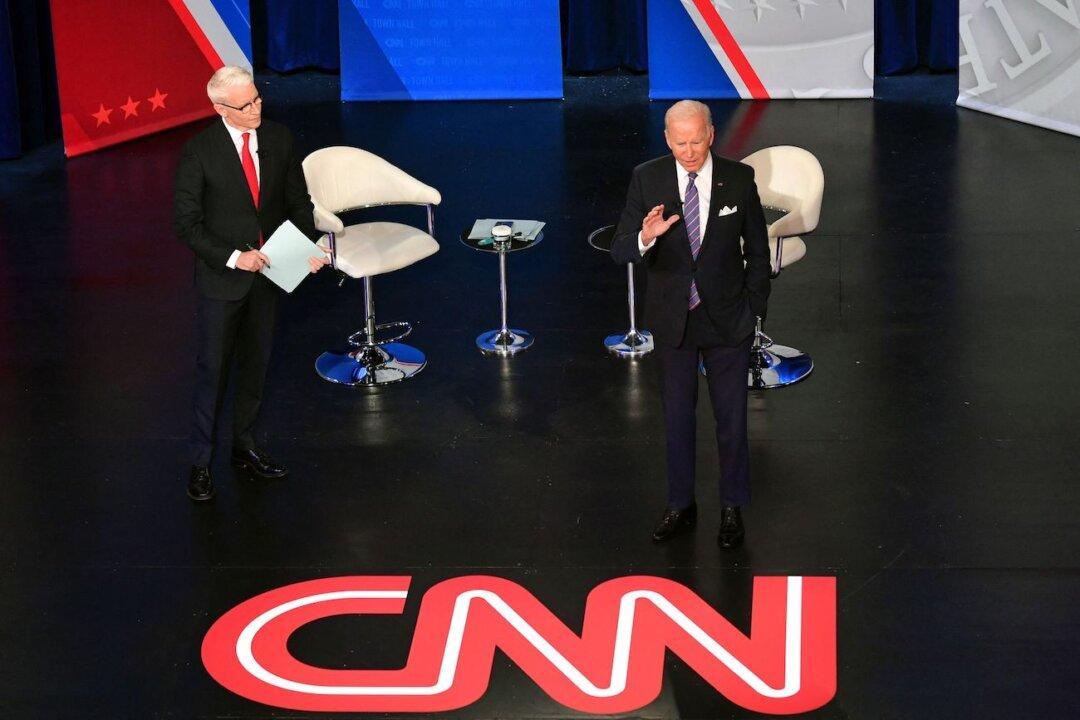News Analysis
President Joe Biden has stated, in no uncertain terms, that the United States would defend Taiwan in the event of a military attack by China. His increasingly public commitment strengthens deterrence.

President Joe Biden has stated, in no uncertain terms, that the United States would defend Taiwan in the event of a military attack by China. His increasingly public commitment strengthens deterrence.